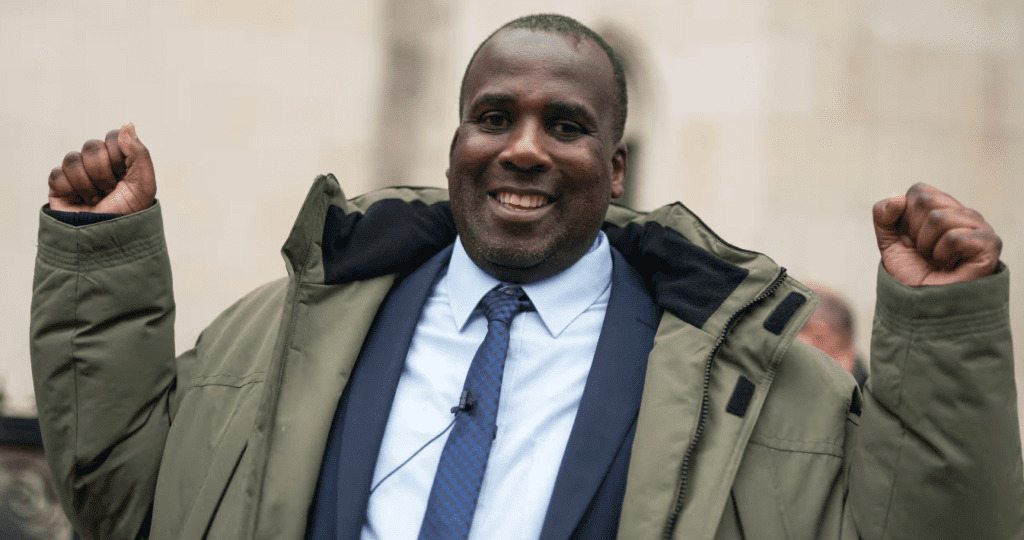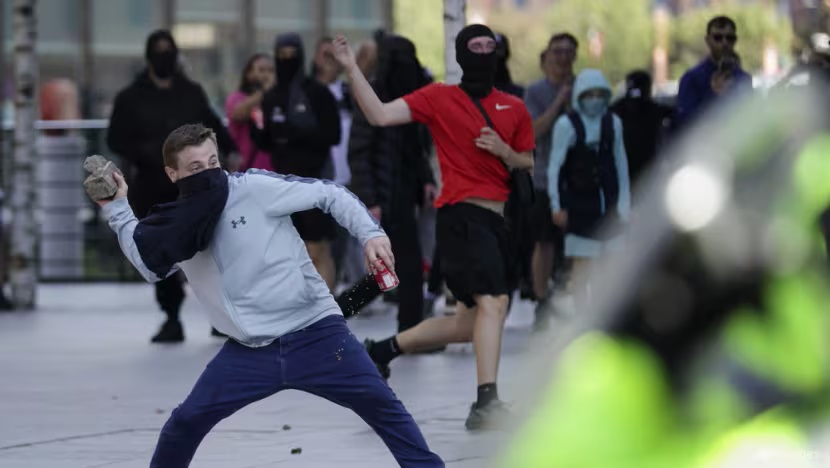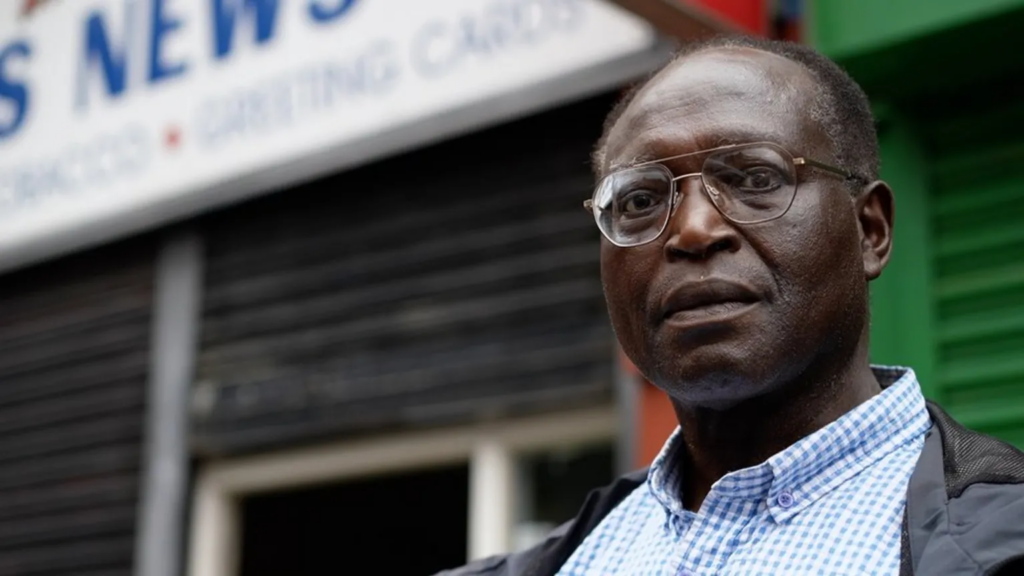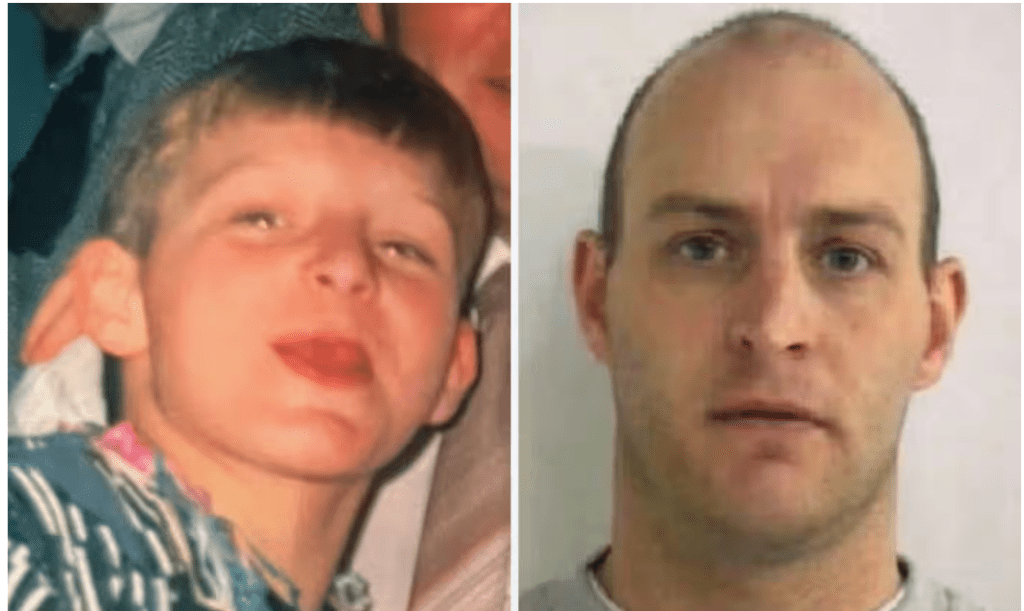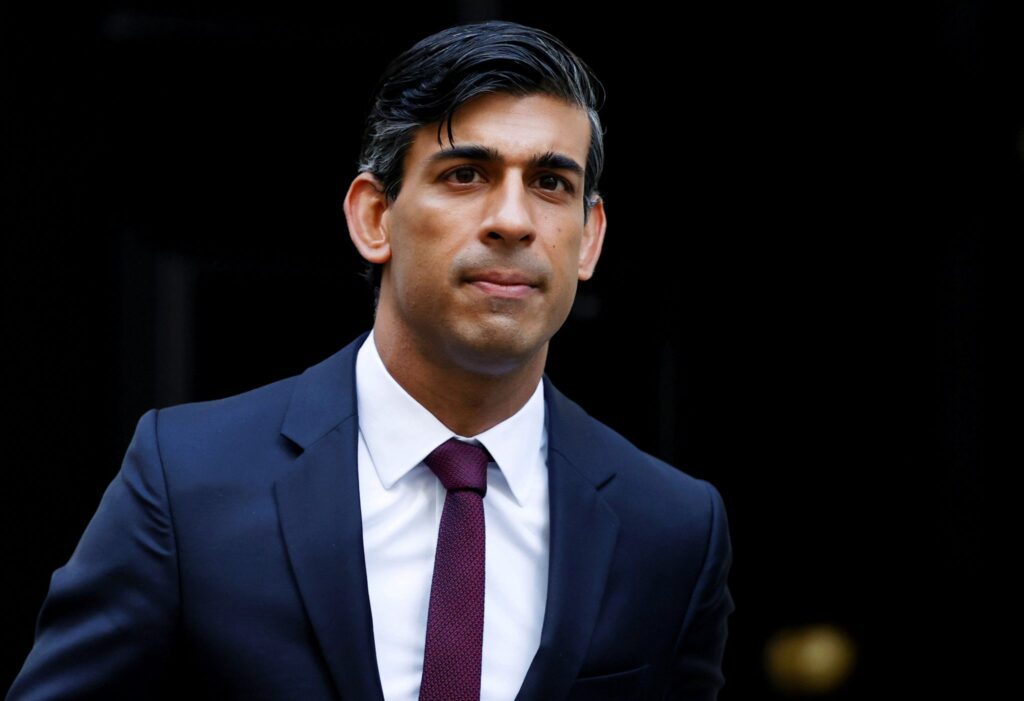UK Court clears man with severe learning difficulties of 1990 London murder
Oliver Campbell, a man with severe learning difficulties who was jailed for life for the murder of a shopkeeper three decades ago after confessing in police interviews, has had his convictions quashed by the court of appeal. The judgment clearing Campbell, 54, of conspiracy to rob and murder ends what has been described as one […]
UK Court clears man with severe learning difficulties of 1990 London murder Read More »

